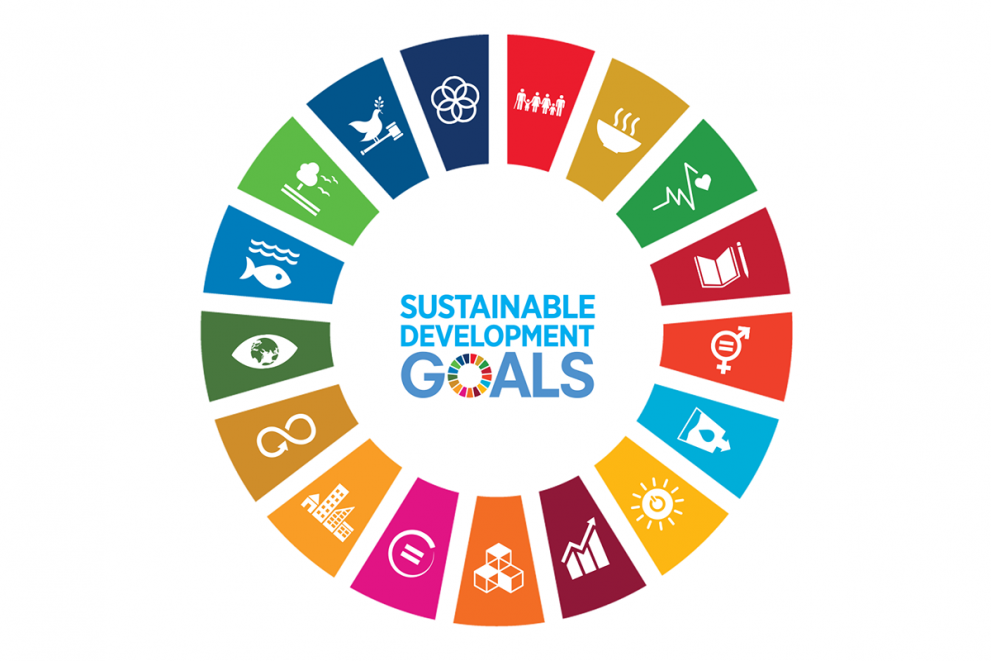-

SDGs, Precarity and Literary Studies
Live program on the sustainable development goals, literature and precarity 1-6 July!
-
Multispecies Contact Zones: Consumption, Conservation, and Conflict
Workshop on 15 November 2023 The “Who Owns Nature”-team from the University of Southern Denmark and the “Sustainable Naturecultures and Multispecies Future”-group from University of […]
-
Ungdomar sätter agendan för samtal om klimatet
Välkommen på seminarium om forskningskommunikation! “För unga är hopp ett hårt arbete” Samtal om forskningskommunikation, medborgarhumaniora och konst som metod för integrativt lärande. Hur pratar […]